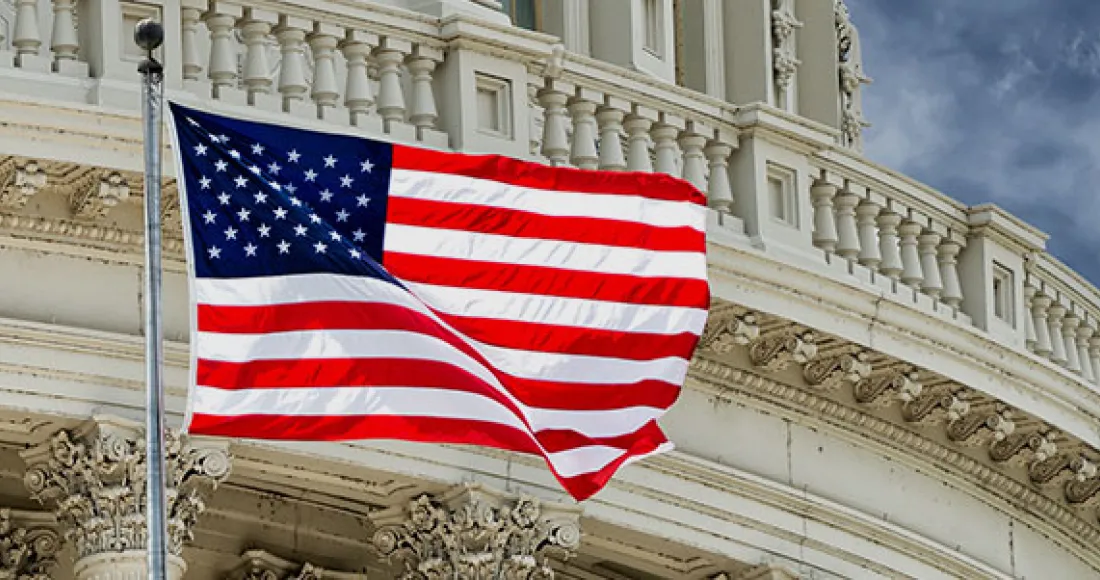
The Dodd-Frank Act is the source of both the SEC and the CFTC’s whistleblower programs, and the Affordable Care Act (ACA) contains expanded False Claims Act provisions. Since President-elect Trump has promised to dismantle both Dodd-Frank and the ACA, do whistleblowers have cause for concern in the next four years?
The Erosion of Dodd-Frank
The Dodd-Frank Act was created to enforce comprehensive financial industry reforms, including whistleblower protections and incentives. In the few years since the SEC opened the Office of the Whistleblower, the agency has successfully recovered over $584 million in financial sanctions.
Over $100 million has been awarded to whistleblowers in that time. Their efforts helped return hundreds of millions of dollars to defrauded investors. Though it certainly has detractors, the SEC’s program has received strong bipartisan support overall.
There are various opinions about how the repeal of Dodd-Frank will impact the SEC and CFTC’s whistleblower programs, but the consensus seems to be that these programs may not be specificallt targeted.
After all, they have been highly successful in restoring economic integrity after unethical players in the financial industry tried to game the system. That success is consistent with the new administration’s stated intent to focus on federal efficiency and economic prosperity.
However, deregulating the financial sector may have an indirect yet adverse impact on securities whistleblowers. Thus far, the SEC Whistleblower Program has been aggressive about reprimanding companies that even attempted to discourage whistleblowing through repressive confidentiality agreements.
Some fear that an SEC that is less persistent about rooting out whistleblower retaliation could discourage company insiders from coming forward with tips.
In that scenario, there could also be fewer and lower rewards for securities whistleblowers. Rewards serve as an important incentive in anti-fraud programs, because it can be difficult for people to keep their jobs or even careers after they have reported their employers’ fraud.
There could be other indirect consequences if the Consumer Financial Protection Bureau is stripped of its capabilities. The CFPB was formed through Dodd-Frank, and has been instrumental in forcing companies like Wells Fargo, who orchestrate or condone large-scale fraud schemes, to answer for their crimes.
Without these types of checks and balances throughout the financial sector, companies tempted to abuse the public’s trust may be further emboldened.
It is fortunate, then, that whistleblowers have advocates across the political spectrum. Republican Senator Chuck Grassley has continued to voice support for whistleblowers and the laws that protect them.
What about other whistleblower laws?
Dodd-Frank is not the only whistleblower-friendly law that we should all keep an eye on in the new administration. Even the False Claims Act (FCA), America’s oldest and most established whistleblower law, could undergo a few changes.
The Affordable Care Act may be best known for its healthcare components, but it also created greater specificity around the False Claims Act. Primarily, it enforced strict guidelines for government contractors who have been overpaid for their services.
Under the ACA, contractors are required to report and correct overpayments within 60 days of discovery, or face legal consequences for violating the False Claims Act. The ACA’s revisions also created more clarity around what types of information can qualify a whistleblower for a financial award.
Prior to the amendments, whistleblowers could also not receive rewards if their reports were based on “publicly disclosed information” rather than original, first-hand knowledge of the fraud. The ACA adjustments enabled government agencies to use their discretion about this issue.
It is unclear how the roll-back of the ACA will impact those adjustments to the False Claims Act.
Supreme Court decisions under the Obama administration that expanded the application of the FCA could also be reevaluated. The controversial Universal Health Services. v. Escobar case, for example, set an important legal precedent regarding “implied certification.”
To be eligible to receive federal reimbursements, contractors must abide by certain regulations. Implied certification theory suggests that a government contractor can commit fraud by negligently violating those regulations.
This is slightly different than the most stringent definition of intent, which would require that a contractor deliberately orchestrates a fraud scheme with the specific purpose of receiving undeserved federal reimbursements.
An administration that is prone to give the benefit of the doubt to corporate defendants may be less lenient towards whistleblowers about implied certification and the overall definition of intent.
Accountability in action
Among the many benefits of whistleblowing is that it is a non-partisan practice. Giving individuals the power and resources to stand up against fraudulent companies benefits taxpayers of all political affiliations.
As Attorney James D. Young explains, it is therefore in the best interest of the new administration to protect the rights of whistleblowers. ‘The dismantling of crucial and effective enforcement mechanisms like the Dodd-Frank Act, CFPB and the ACA runs counter to the goal of rooting out waste, fraud, and abuse. The greatest concern I have is in protecting whistleblowers,’ says Young.
‘The Dodd-Frank Act and SEC whistleblower programs were on the front lines of shielding honest people from retaliation or intimidation. While I am disappointed that the Trump administration is seeking to undo the apparatus and legal structure that supports this practice, I remain hopeful that fighting fraud will remain a non-partisan issue.
I also take solace in seeing Attorney General appointee Sessions comment in his confirmation hearing that “this government must improve its ability to protect the United States Treasury from waste, fraud, and abuse. This is a federal responsibility. We cannot afford to lose a single dollar to corruption and you can be sure that if I am confirmed, I will make it a high priority of the department to root out and prosecute fraud in federal programs and to recover any monies lost due to fraud or false claims.”’
Though only time will tell whether those promises are kept, it is up to all those who value integrity to protect our collective ability to speak up for what’s right.

